
Keynote speakers
It is our great pleasure to welcome our invited speakers to [BC]2, who will present cutting-edge ideas and research in computational biology and bioinformatics.
Richard Neher
Biozentrum - University of Basel, Switzerland
Group's webpage
Twitter
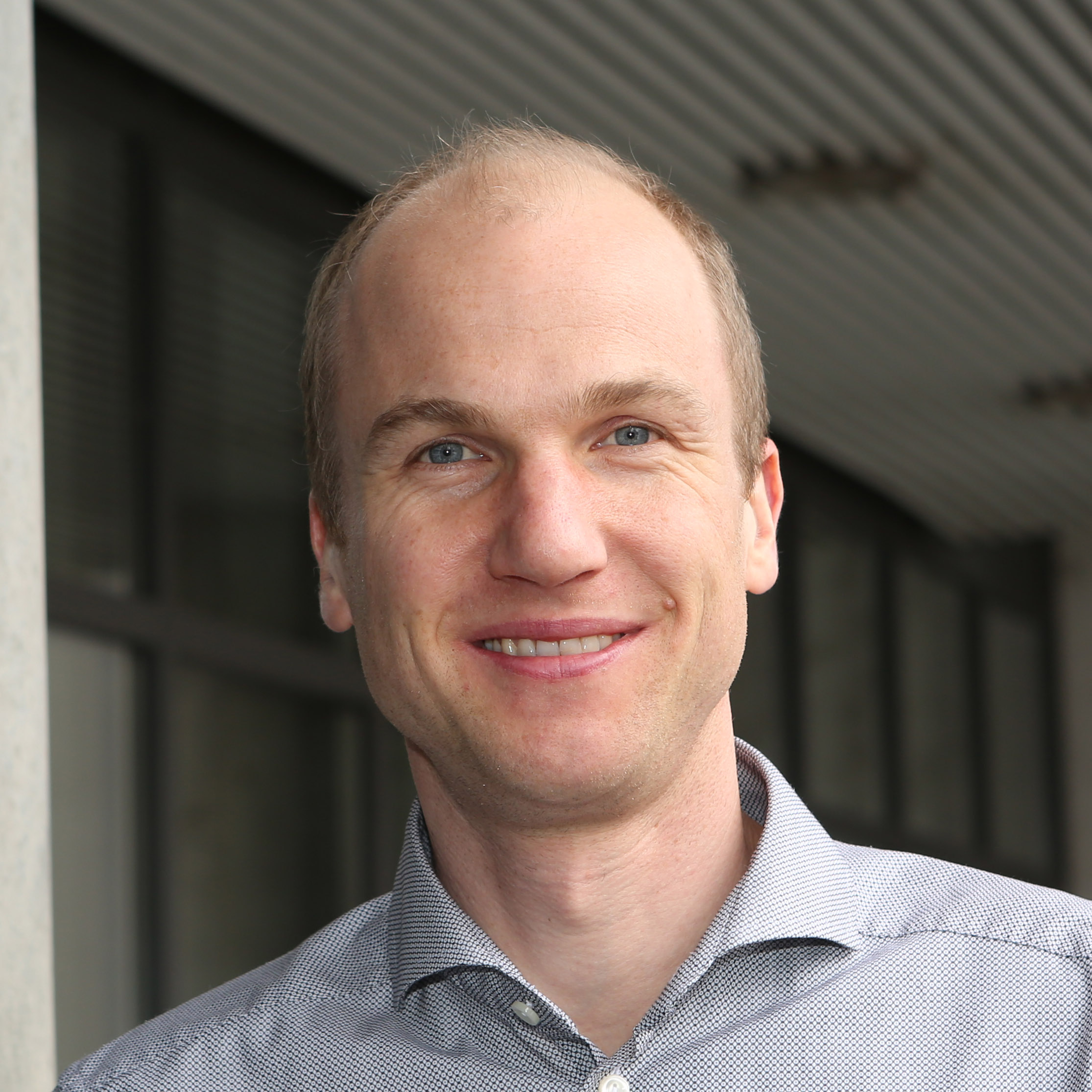 Richard Neher received his PhD in Physics from the University of Munich (Germany) in 2007. He continued as a Post-Doctoral Fellow at the Kavli Institute for Theoretical Physics ate University of California (Sanata Barbara, USA). From 2010-2017, Richard Neher was an independent Max Planck Research Group Leader before becoming an Associate Professor at the University of Basel, Switzerland.
Richard Neher received his PhD in Physics from the University of Munich (Germany) in 2007. He continued as a Post-Doctoral Fellow at the Kavli Institute for Theoretical Physics ate University of California (Sanata Barbara, USA). From 2010-2017, Richard Neher was an independent Max Planck Research Group Leader before becoming an Associate Professor at the University of Basel, Switzerland.
Richard Neher and his group are studying how bacteria and viruses adapt to changing environments – such as our immune system or new drug treatments – with the aim of better understanding how evolution works on a molecular level. The group combines methods from bioinformatics, population genetics and statistical physics with sequencing data from different pathogens, such as the influenza virus, HIV or COVID-19, to elucidate the evolutionary dynamics behind the spread of infectious diseases.
Richard Neher is giving the [BC]2 Opening Lecture on Monday, 13 September.
Nikolaus Rajewsky
Max Delbrück Center for Molecular Medicine, Germany
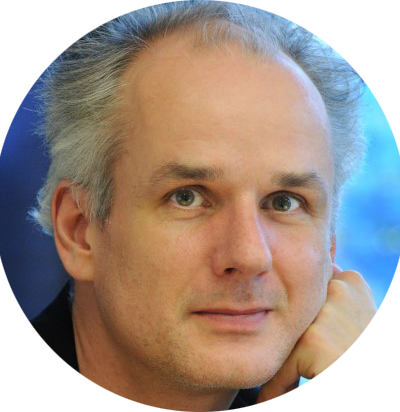 Nikolaus Rajewsky received his PhD in Theoretical Physics at the University of Cologne. He then continued his postdoctoral studies in Mathematical Statistical Physics at the Rutgers University in New Jersey (US) and in Computational Biology at the Rockefeller University in New York (US). After becoming a research professor at the Rockefeller University in 2002, and an assistant professor at the New York University in 2003, he moved back to Germany in 2006 to become a full professor at the Max-Delbrück-Center for Molecular Medicine (MDC) in Berlin-Buch and at the Charité – Universitätsmedizin Berlin.
Nikolaus Rajewsky received his PhD in Theoretical Physics at the University of Cologne. He then continued his postdoctoral studies in Mathematical Statistical Physics at the Rutgers University in New Jersey (US) and in Computational Biology at the Rockefeller University in New York (US). After becoming a research professor at the Rockefeller University in 2002, and an assistant professor at the New York University in 2003, he moved back to Germany in 2006 to become a full professor at the Max-Delbrück-Center for Molecular Medicine (MDC) in Berlin-Buch and at the Charité – Universitätsmedizin Berlin.
In his research, Nikolaus Rajewsky is focussing on understanding the role of different RNA molecules (e.g. miRNAs, circRNAs) in regulating gene expression in early development, stem cell biology, diseases and regeneration. The lab uses different model organisms and systems such as C. elegans, planaria, mouse or human brain organoids, and integrates experimental (biochemistry, molecular biology) and computational (bioinformatics, physics, statistics) methods.
Nikolaus Rajewsky is giving the [BC]2 Closing Lecture on Wednesday, 15 September.
Aleksandra Walczak
Laboratoire de Physique - Ecole Normale Supérieure, France
Group’s webpage
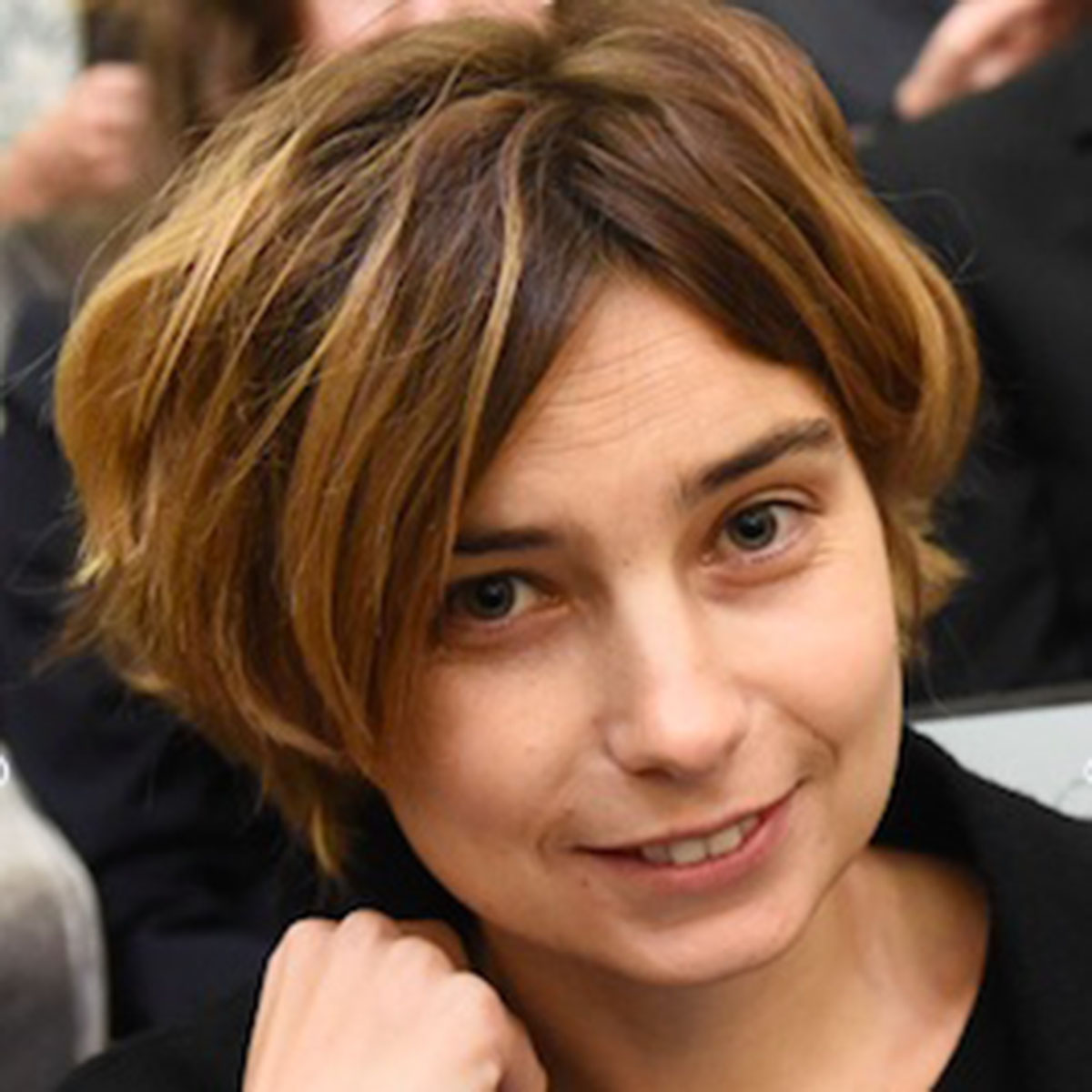 After finishing her PhD in Physics at the University of California (US), where she worked on stochastic gene expression modelling, Aleksandra Walczak pursued her postdoctoral studies in Theoretical Physics at Princeton University (US), where she studied signal processing in gene regulatory networks.
After finishing her PhD in Physics at the University of California (US), where she worked on stochastic gene expression modelling, Aleksandra Walczak pursued her postdoctoral studies in Theoretical Physics at Princeton University (US), where she studied signal processing in gene regulatory networks.
She is currently a CNRS researcher at the Ecole Normale Superieure in Paris (FR) and investigates the development and collective behaviour of the immune system. Using a combination of data analysis and statistical modelling, Aleksandra Walczak and her group aim to develop theoretical frameworks that describe how different immune receptors interact with pathogens and trigger the body's immune response.
Aleksandra Walczak is presenting in the session Pathogens, immune systems and host-pathogen interactions: an arms race with infectious agents.
Thomas Fuchs
Memorial Sloan Kettering Cancer Center, USA
Group’s webpage
Twitter
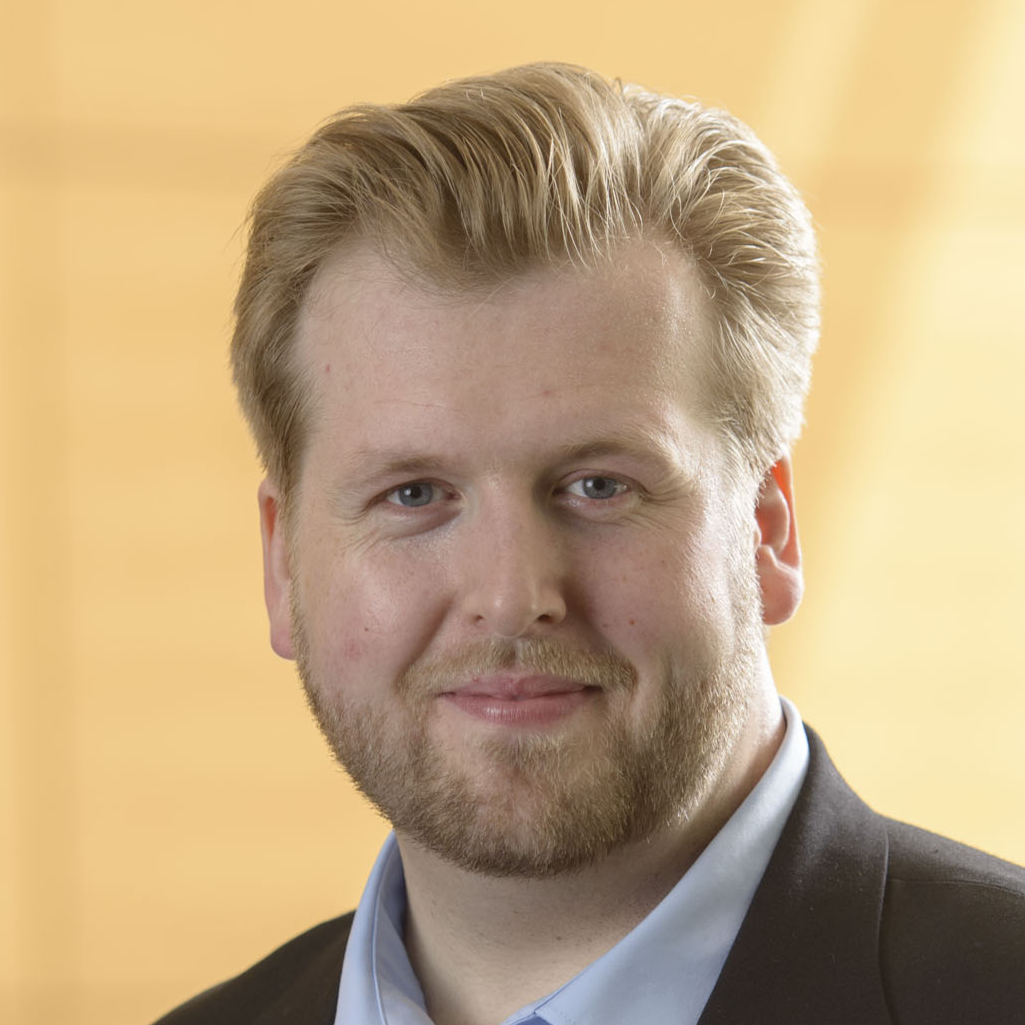 Thomas Fuchs received his PhD in Computer Sciences from ETH Zurich (CH), where he worked on machine learning in Systems Biology and Medicine. After his postdoctoral studies at the California Institute of Technology (US), he joined NASA as a research technologist in the Engineering and Science Division of NASA’s Jet Propulsion Laboratory (US). Thomas Fuchs is currently an Associate Professor for machine learning at Weill-Cornell University, and director of the Warren Alpert Center for Digital and Computational Pathology in New York City.
Thomas Fuchs received his PhD in Computer Sciences from ETH Zurich (CH), where he worked on machine learning in Systems Biology and Medicine. After his postdoctoral studies at the California Institute of Technology (US), he joined NASA as a research technologist in the Engineering and Science Division of NASA’s Jet Propulsion Laboratory (US). Thomas Fuchs is currently an Associate Professor for machine learning at Weill-Cornell University, and director of the Warren Alpert Center for Digital and Computational Pathology in New York City.
Thomas Fuchs is also leading the Medical Machine Learning and Computational Pathology group at Memorial Sloan Kettering Cancer Center. His group is developing and applying quantitative methods using machine learning, computer vision and biostatistics to analyse digital microscopy slides from pathology departments and to relate the resulting statistical descriptors to patient outcomes. Furthermore, the group aims to improve clinical practice in pathology by developing intelligent decision-support systems.
Thomas Fuchs is presenting in the session Artificial intelligence, machine learning and computer vision: expanding the bioinformatics toolkit.
Lude Franke
University Medical Center Groningen (UMCG), The Netherlands
Group’s webpage
Twitter
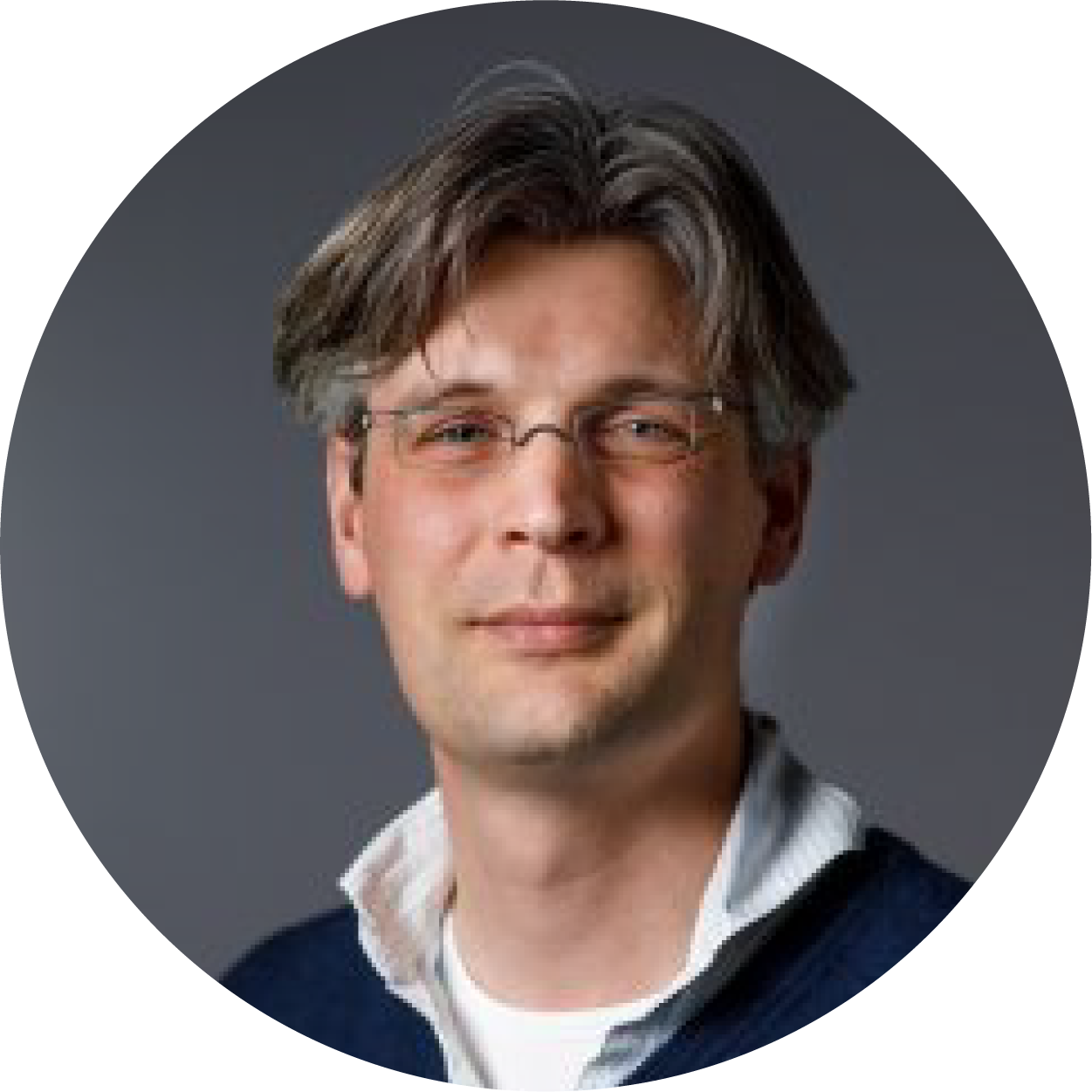 Lude Franke received his PhD from the Utrecht University in 2008. He continued with several postdoctoral trainings focussing on immune-mediated diseases (Queen Mary Institute in London, UK) and the influnce of SNPs on gene expression (University Medical Centre Groningen, the Netherlands). Since 2014, he is an Associate Professor at the University of Groningen. In 2016, Lude Franke became Head of Research and Education at the Department of Genetics at the University Medical Centre Groningen.
Lude Franke received his PhD from the Utrecht University in 2008. He continued with several postdoctoral trainings focussing on immune-mediated diseases (Queen Mary Institute in London, UK) and the influnce of SNPs on gene expression (University Medical Centre Groningen, the Netherlands). Since 2014, he is an Associate Professor at the University of Groningen. In 2016, Lude Franke became Head of Research and Education at the Department of Genetics at the University Medical Centre Groningen.
Lude Franke's research interest is the development of new computational algorithms for the analysis of functional genomics datasets. His group is focusing on the integration of multi-omics datasets (single-cell, RNA-seq, whole genome sequencing data, gene function prediction) to identify new causal genes with the aim of providing new drug targets and improving diagnostics in clinical genetics.
Lude Franke is presenting in the session Population genomics in human health: connecting genotypes to phenotypes.
Tami Lieberman
MIT - Massachusetts Institute of Technology, USA
Group’s webpage
Twitter
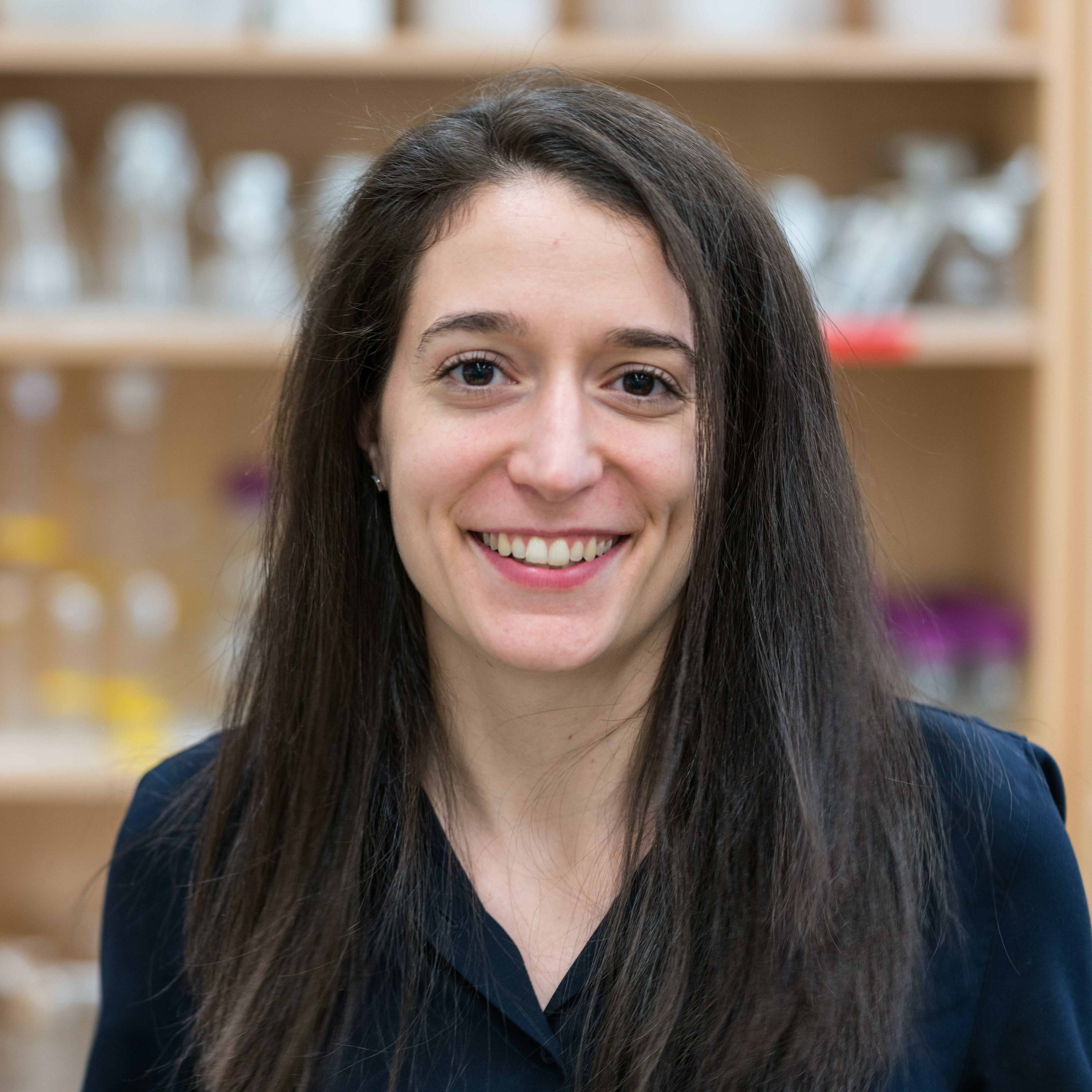 Tami Lieberman received her PhD in Systems Biology from Harvard University (USA) developing new genomic approaches to trace bacterial evolution in the body of infected patients. During her postdoctoral training at MIT (USA), she further developed these approaches, to better understand how microbes colonise healthy individuals. She currently is a Hermann L. F. von Helmholtz Career Development Professor and Assistant Professor at the US Department of Civil and Environmental Engineering and at the Institute for Medical Engineering and Science of MIT.
Tami Lieberman received her PhD in Systems Biology from Harvard University (USA) developing new genomic approaches to trace bacterial evolution in the body of infected patients. During her postdoctoral training at MIT (USA), she further developed these approaches, to better understand how microbes colonise healthy individuals. She currently is a Hermann L. F. von Helmholtz Career Development Professor and Assistant Professor at the US Department of Civil and Environmental Engineering and at the Institute for Medical Engineering and Science of MIT.
Tami Lieberman’s current research focuses on microbial real-time evolution, from the interplay between individual bacterial strains in the human microbiome and the selective pressure they encounter, to how their adaptation process varies from one person to another. To uncover the basic principles of colonization and adaptation, the lab uses evolutionary inference methods to follow the mutational history of bacteria.
Tami Lieberman is presenting in the session Evolutionary dynamics and ecology: where organisms, time and space interplay.
María Rodríguez Martínez
IBM Zurich, Switzerland
Group’s webpage
Twitter
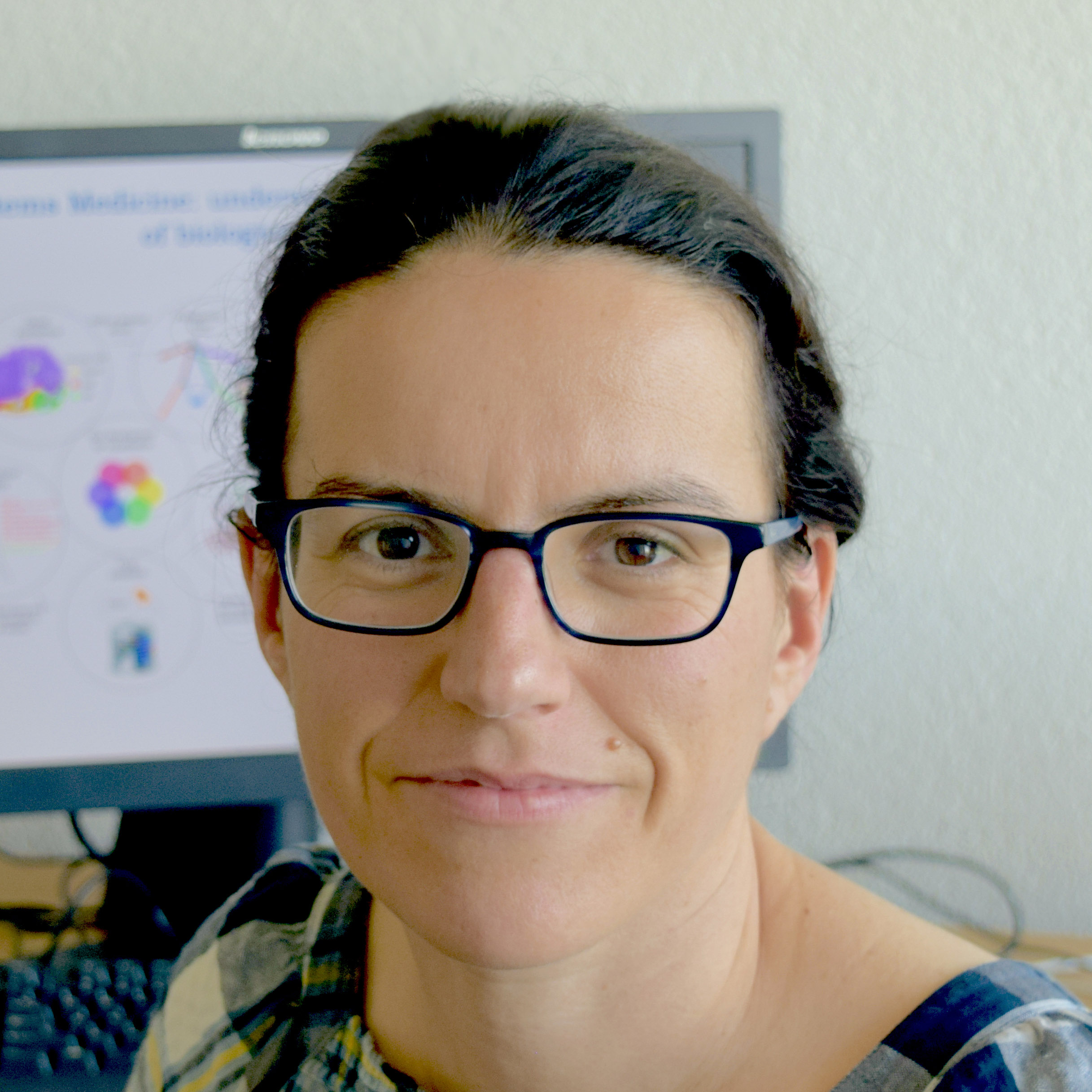 María Rodríguez Martínez received her PhD in Physics from the Institut d'Astrophysique de Paris (France) in 2003. After several postdoctoral trainings in Physics (Hebrew University of Jerusalem, Israel) and Systems Biology (Weizman Institute of Science, Israel and Columbia University, USA), she moved to IBM Research in Zurich (Switzerland). Since 2015, María Rodríguez Martínez is a Group Leader in Computational Systems Biology at IBM Zurich.
María Rodríguez Martínez received her PhD in Physics from the Institut d'Astrophysique de Paris (France) in 2003. After several postdoctoral trainings in Physics (Hebrew University of Jerusalem, Israel) and Systems Biology (Weizman Institute of Science, Israel and Columbia University, USA), she moved to IBM Research in Zurich (Switzerland). Since 2015, María Rodríguez Martínez is a Group Leader in Computational Systems Biology at IBM Zurich.
In her research, María Rodríguez Martínez and her group are making use of a variety of datasets (e.g. multi-omics, single-cell proteomics or mass-spectrometry-based datasets as well as clincial data and literature) to develop predictive models for precision medicine. The group is specialized in using different machine learning approaches, statistical inference and mathematical modelling to better understand tumor heterogeneity and the molecular mechanisms leading to cancer development and progression.
María Rodríguez Martínez is presenting in the session Cancer biology and precision medicine: from better understanding diseases to tailored treatments.
Barbara Treutlein
ETH Zurich, Switzerland
Group’s webpage
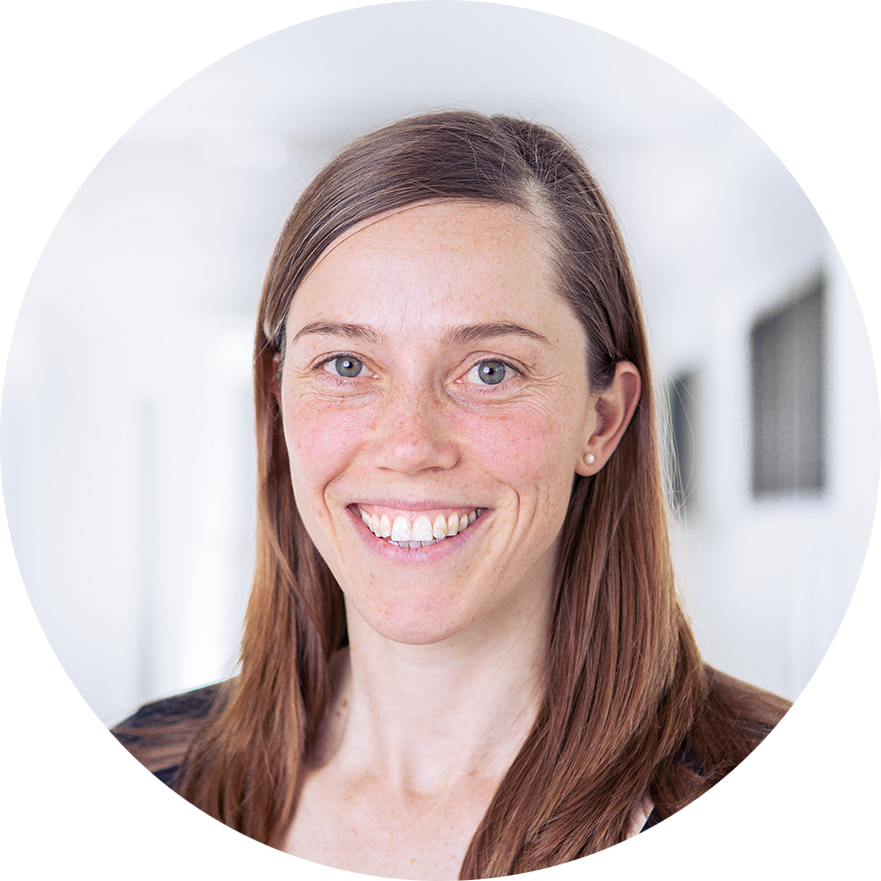 Barbara Treutlein received her PhD in Biophysics from the Ludwig Maximilians University München (Germany) in 2012. She continued with a postdoctoral training at Stanford University (USA) before becoming a Max Planck Research Group Leader at the MPI for Evolutionary Anthropology in Leipzig and the MPI for Molecular Cell Biology and Genetics in Dresden (Germany). In 2016, Barbara received a Tenure-Track Assistant Professor at the TU Munich (Germany). Since 2019, she is an Associate Professor in the Department of Biosystems Science and Engineering at ETH Zürich (Switzerland).
Barbara Treutlein received her PhD in Biophysics from the Ludwig Maximilians University München (Germany) in 2012. She continued with a postdoctoral training at Stanford University (USA) before becoming a Max Planck Research Group Leader at the MPI for Evolutionary Anthropology in Leipzig and the MPI for Molecular Cell Biology and Genetics in Dresden (Germany). In 2016, Barbara received a Tenure-Track Assistant Professor at the TU Munich (Germany). Since 2019, she is an Associate Professor in the Department of Biosystems Science and Engineering at ETH Zürich (Switzerland).
Barbara Treutlein's group is following an interdisciplinary research approach trying to better understand cell development, regeneration and reprogramming by bringing together single-cell genomics, state-of-the-art imaging and stem cell technologies. Toward this goal, the lab is using stem cell-derived human organoids to mimic organ development in vitro and to understand the different molecular components and networks that determine cell composition and differentiation. The close similarities of in vitro and in vivo organ development allow the group to study human developmental disorders.
Barbara Treutlein is presenting in the session Spatiotemporal gene expression dynamics and single-cell approaches: zooming in to better scale up.
.
